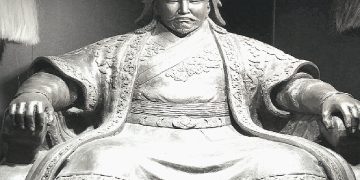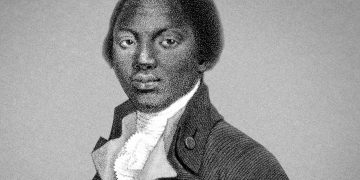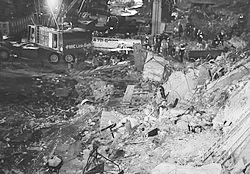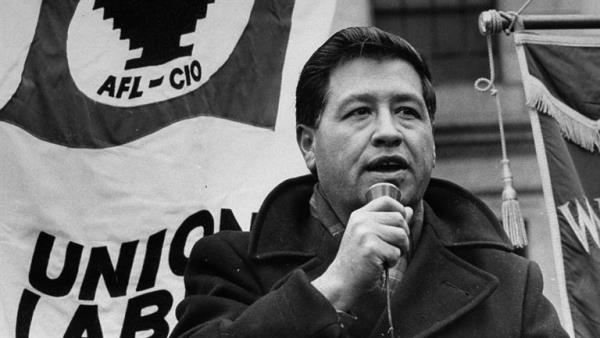Cesar Chavez, a prominent figure in American history, dedicated his life to fighting for the rights of agricultural workers and championing social justice. Born on March 31, 1927, in Yuma, Arizona, Chavez went on to become one of the most influential labor leaders and civil rights activists of the 20th century. Through nonviolent means and dedicated grassroots organizing, Chavez paved the way for improvements in the working conditions and rights of farm laborers in the United States.
The Early Years:
Chavez’s early years were deeply rooted in the experiences and struggles of a migrant farm worker. As a child, he and his family migrated from farm to farm across California, facing poverty and racial discrimination. Witnessing the hardships faced by agricultural workers firsthand, Chavez developed a deep empathy for those living under similar circumstances.
Formation of the United Farm Workers:
In the early 1960s, Chavez co-founded the National Farm Workers Association (NFWA), which later merged with the Agricultural Workers Organizing Committee to become the United Farm Workers (UFW). The UFW aimed to improve the lives of farm laborers and fight for their rights, demanding fair wages, humane working conditions, and collective bargaining rights.
Nonviolent Resistance and Grassroots Organizing:
Chavez recognized the power of nonviolent resistance as an effective tool for change. Inspired by leaders like Mahatma Gandhi and Martin Luther King Jr., he promoted strikes, boycotts, and peaceful demonstrations to raise awareness about the struggles of farm laborers. Chavez understood the importance of solidarity and organized numerous protests across California and beyond, generating public support for the cause.
Landmark Victories and Reforms:
Through Chavez’s efforts, the UFW achieved several landmark victories. Notable among these was the successful five-year Delano grape strike, which lasted from 1965 to 1970. The boycott of table grapes garnered nationwide attention and led to significant improvements in workers’ wages and working conditions. Chavez’s activism also led to the passage of the California Agricultural Labor Relations Act in 1975, which protected the rights of farm workers to organize and bargain collectively.
Legacy and Impact:
Cesar Chavez’s activism left an indelible mark on American history. His tireless advocacy shed light on the struggles faced by farm laborers, often overlooked by society. Chavez’s legacy extends beyond labor rights; he fought for broader societal issues, including environmental justice and the empowerment of marginalized communities. To this day, his philosophy of nonviolence, grassroot organizing, and perseverance serves as an inspiration for activists and community organizers worldwide.
Conclusion:
Cesar Chavez’s commitment to social justice and his unwavering dedication to the rights of agricultural workers made him a pioneer and a transformative figure in American history. Through his nonviolent resistance and grassroots organizing, he managed to bring awareness to the plights of farm laborers and enact tangible change. As we reflect on his life and legacy, let us remember Cesar Chavez as a visionary leader who fought tirelessly for the empowerment and equality of all.












